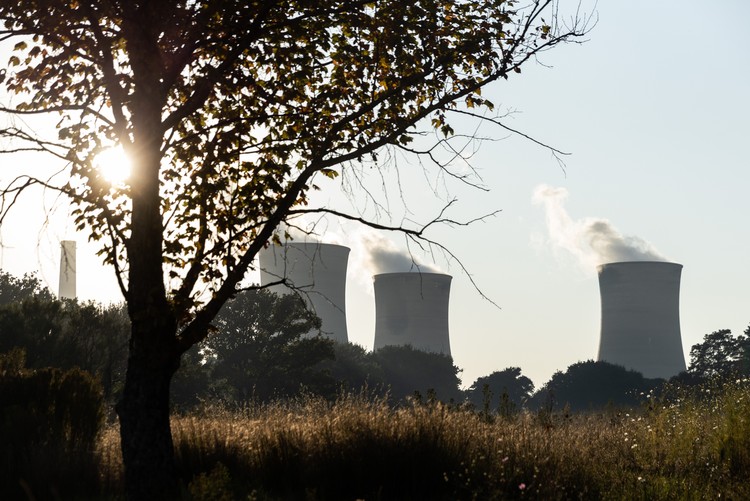
14 May 2025
A report by shareholder activist organisation Just Share has shown that South Africa’s largest polluters pay so little carbon tax that it barely has any impact on their greenhouse gas emissions. Archive photo: Ashraf Hendricks
South Africa’s bigger polluters pay so little carbon tax that it barely has any impact on their greenhouse gas emissions, a new report by shareholder activist organisation Just Share has shown.
This is largely in part because of corporate lobbying against climate policies in South Africa, which has led the government to make concessions and delays in two leading climate bills. This, the report says, has in turn led to a failure to lower greenhouse gas emissions by big polluters, and derailed effective climate responses.
Just Share’s report, which has been three years in the making, discusses climate shortfalls as a result of corporate lobbying. It focuses on two of South Africa’s leading climate laws — the Carbon Tax Act of 2019 and the Climate Change Act — signed into law in July last year.
During the launch of the report on Tuesday, Emma Schuster, senior climate risk analyst at Just Share, said that “ordinary people, especially the poor and vulnerable” bear the cost of the “imbalance” in our climate policies.
South Africa has consistently ranked among the top 15 countries of CO2 emissions from fuel, according to the International Energy Agency. Most of these emissions are from industry.
Just Share also highlighted how some of these “high emitters” have lobbied against climate policies. Part of this anti-climate lobbying narrative is labeling “climate action as something that will cripple the economy,” explained Tracey Davies, executive director at Just Share. This is the argument that places climate action at odds with economic prosperity.
For example, between December 2024 and January 2025 — after the release of National Treasury’s discussion paper on Phase 2 of the carbon tax — at least five senior Sasol execs had three private meetings with Treasury, the report read. When the 2025 March Budget Review was released, the most important proposals for increasing the effectiveness of the carbon tax in Phase 2 had been abandoned, according to the report.
Other arguments include that South Africa’s contribution to carbon emissions is small, and that too ambitious climate action will impact the economy.
Climate change policy has been on the government’s agenda since the early 2000s, with the National Climate Change Response Strategy published in 2004, but progress towards those goals has been slow.
The Just Share report made use of publicly available information, such as government policy papers, budget reviews, parliamentary reports, and records of meetings between industry and government, often obtained via Promotion of Access to Information (PAIA) requests.
Interventions predominantly by Sasol and ArcelorMittal South Africa (AMSA), as well as industry associations like Business Unity South Africa (BUSA) and the Minerals Council, are responsible for “significant regulatory concessions” and “extensive delays” in the two leading climate bills, the report states.
The Carbon Tax Act, which Just Share calls a “crucial tool in the reduction of greenhouse gas emissions”, is meant to get corporate polluters to pay and incentivise reduction of emissions. However, opposition to carbon tax has meant it is now one of the lowest carbon taxes in the world, according to the Just Share report.
Phase 1 of the carbon tax was initially supposed to run from 2015 to 2020, where a low carbon tax rate was paid and tax allowances phased out. But this phase was extended twice and the phase-out of tax-free allowances has not even begun. This means that “industry pushback” has delayed the carbon tax to a point where it has “neutralised the impact of the tax”, the report found.
“Carbon tax is currently not doing what it should be doing at all,” said Davies.
Similarly, the Climate Change Act, which took nearly ten years to develop, faced multiple delays and key sections of the bill are not yet operational, such as the allocation of corporate carbon budgets. The Just Share report also criticised that criminal penalties for companies exceeding their carbon budgets were also not included in the bill.
The report recommended improved transparency and accountability. This would include public disclosure requirements for meetings between government and industry.
The report also recommended communities and civil society have a greater say in climate policy, and that policies be based on rigorous evidence-based research.